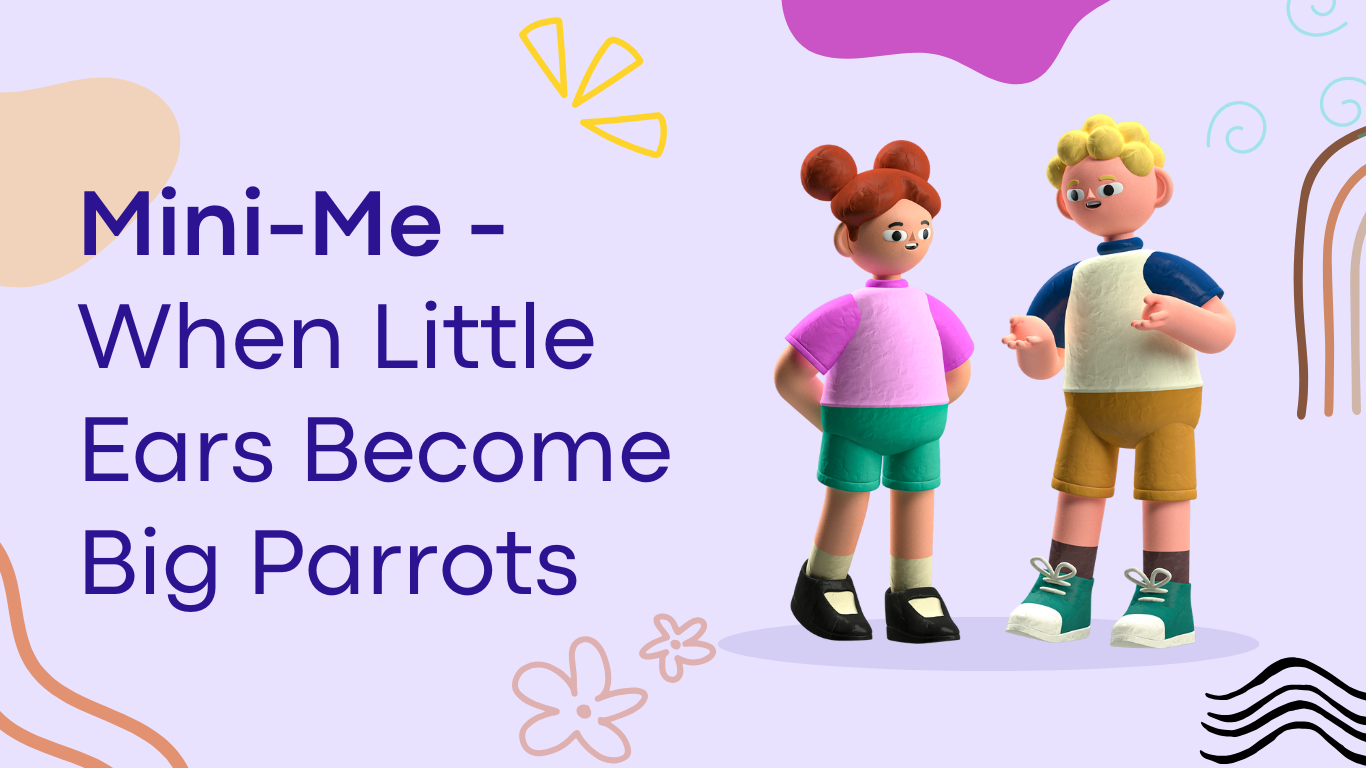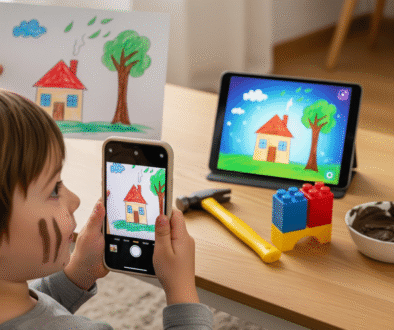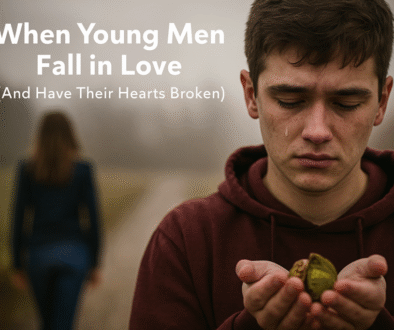
Mini Me - When little ears become big parrots
Ah, childhood memories. I remember the day I came home from kindergarten proudly saying “kurwa”—the Polish curse word so famous it might as well be our national export. My mother, visibly stunned, tried the diplomatic route first. “That’s a bad word,” she said calmly. “Please don’t say it again.”
But little me? I thought it was hilarious. So, I said it again.
SMACK.
Before I could react, my mom delivered a slap across my face. Not a hard one, just enough to shock me. “This,” she said with all the gravity of a life lesson, “is how it feels to hear that word coming out of your mouth.”
Let’s just say it worked.
What We Teach Without Saying a Word
My parents were incredibly careful about what they said in front of us. Swearing? Absolutely off-limits. Even in moments of frustration, they held their tongues. And while my mother’s dramatic intervention was memorable, what really stuck with me was their consistent example.
Fast forward to now: as an adult, I admit I occasionally indulge in the stress-relieving power of a well-timed kurwa. Let’s be honest—sometimes it’s just perfect. But I make sure to keep it far away from little ears because I know how easily kids pick up on everything.
Now, as a mother and teacher, I see this dynamic every day. My husband and I are intentional about the environment we create. I’ve never heard him utter anything inappropriate in front of our kids—or anyone else, for that matter. Our grown-up children don’t have the habit of using such vocabulary either and I like to think that’s partly because they didn’t grow up hearing it from us.
Children: The Ultimate Copycats
Here’s the thing about kids: they don’t just mimic your actions—they absorb them. Every word, every tone, every reaction. They’re like tiny human tape recorders, except they play back your greatest hits at the most inconvenient moments.
Remember that toddler shouting road-rage insults during playtime? Or the kindergartner who drops an F-bomb in front of the teacher? Those aren’t random outbursts. They’re a reflection of what they’ve witnessed.
You might think it’s “funny” when your little one mimics your frustrations, but here’s the harsh truth: they’re not comedians. They’re apprentices, learning how to navigate the world from you.
Laughing at the Wrong Lessons
In today’s world of social media, these moments often go viral. Parents proudly post videos of their kids using swear words or mocking others, with captions like “Where do they even get this stuff?!” (- from you.)
By laughing, recording, and sharing, you’re not just indulging a “funny” moment. You’re teaching your child three dangerous lessons:
- Words don’t have consequences.
- It’s okay to make fun of others as long as people laugh.
- Attention (likes, views) is more important than respect.
Do you really want your child growing up thinking that’s the way to navigate the world?
Parenting: A Job Without Reels
Let me be clear: parenting isn’t about being perfect. It’s about being mindful. So, the next time your child says or does something you’re not proud of, stop and reflect. Instead of grabbing your phone to share the moment, ask yourself:
- Am I okay with this becoming a habit?
- Would I laugh if they did this in school?
- Is this how I want my child to treat others—or be treated?
If the answer to any of these is “no,” it’s time to set a new example.
What We Can Do
- Pause Before You Laugh
Not every “funny” moment needs applause. Teach your child that some behaviours, while amusing, aren’t appropriate. - Lead by Example
Kids learn more from what you do than what you say. If you don’t want them cursing, don’t curse around them. Simple as that. - Celebrate the Right Moments
Praise your child for acts of kindness, bravery, or creativity. Make those the moments they associate with your pride. - Create Boundaries
Teach them that words have power—and that some words aren’t meant for all audiences.
Final Thoughts
Your child is your greatest legacy. The way they speak, act, and treat others will be a direct reflection of what they learned from you.
So, the next time your kid picks up an “interesting” phrase or habit, ask yourself: Am I proud of this?
Because while their first curse word might be hilarious now, it’s not the kind of memory you’ll want to share at their wedding—or hear at a parent-teacher conference.
And if you’re still tempted to let it slide, just remember: one day, they’ll be old enough to record you.


